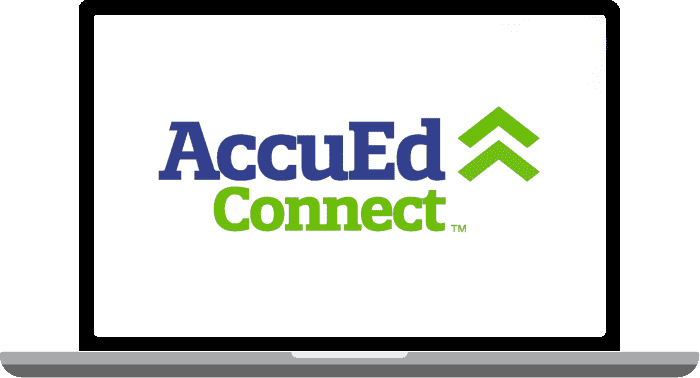At the beginning of the 2023-24 school year, educators in the Portage schools outside of Kalamazoo, Mich., decided to overhaul how they taught reading comprehension, according to Education Week.
Instead of focusing on teaching skills and strategies they would structure units around topics in science, social studies and world cultures. The idea would be to systematically build students’ knowledge of the world, ideally making it easier for them to make connections to new texts and write about what they knew.
This “knowledge-building” approach to English/language arts instruction is gaining ground in the field, buoyed by research that shows a connection between students’ general background knowledge and their reading comprehension ability.
Three educators from Portage joined Education Week to discuss the district’s move to the new curriculum, The new program has required a big shift in how teachers structure their days, said Erin Crouch, a 2nd grade teacher.
“In [the old curriculum], you really had—Monday’s vocabulary, Tuesday’s phonics, Wednesday’s comprehension. We didn’t have that [in the new curriculum],” she said. “It was more like, these are our guiding questions, this is our target task at the end of this lesson.”
Here are three takeaways from the conversion.
1) Teachers don’t need to be experts in every topic
There’s more prep work involved in a knowledge-rich curriculum, Crouch said, because she wanted to develop some background ahead of time in the topics she would be discussing with students. The 2nd grade units in the program that Portage uses run the gamut from immigration to animal habitats to the human body.
“We have to be prepared for what questions are going to arise,” Crouch said.
Still, district leaders have impressed upon teachers that they don’t need to be experts, an all-knowing sage on the stage, said Courtney Huff, the district’s literacy coach.
Crouch summarized the approach: “We have to prepared, but we have to learn along with our students, which is pretty awesome.”
2) Districts have to answer the question—which knowledge?
Different knowledge-building curricula are built around different topics. Some focus more on ancient civilizations, for example, while others might center on social and political issues of today.
When school districts choose a program, they’re signaling which topics they think are most important for students to learn. But some knowledge-building curricula have been criticized as Eurocentric and overly representative of the Western canon.
What subjects are represented, and how, were factors that Portage leaders examined closely in the programs they considered.
Mackenzie Sheahan, the director of curriculum and professional development and her colleagues also looked for a curriculum that would expose students to the world outside of Portage. The program they picked includes fiction and nonfiction about people and events in other countries.
3) Knowledge-building isn’t the only component of strong reading comprehension instruction
Reading comprehension is a complex skill, requiring background knowledge, but also the ability to visualize, store, and interpret what is read. In Portage, teachers work to incorporate practice with comprehension strategies into the material.
The district is building a bank of supplemental materials that teachers can use for this purpose—for example, a Venn diagram worksheet that can be used to compare and contrast two different texts about the same person.
Crouch aims to interweave skill practice into the stories she reads with her students. One of the standards for 2nd graders is understanding text features, such as glossaries or captions. In the past, she has taught those skills in isolation, and students have had a hard time identifying them in practice. But now, Crouch regularly points them out in the texts that students are reading.
Education Week






